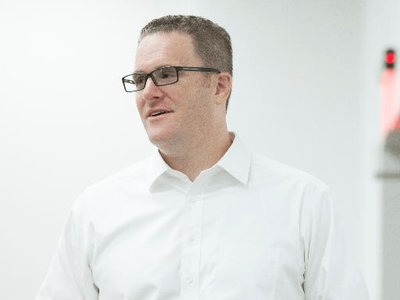Last Thursday, Catholic New York, the official newspaper of the Archdiocese of New York, published a notification that Fr. Donald Timone has (at long last) been removed from priestly ministry. He was suspended in December of last year, and the Archdiocesan Review Board only just determined that allegations that he sexually abused minors were credible and substantiated, though the diocese had paid for two six-figure settlements after abuse allegations in 2017.
The story obviously implicates Cardinal Dolan. Last December, the New York Times reported that even after the Archdiocese of New York had paid out the settlements for sexual abuse of teenage boys by Fr. Timone, Cardinal Dolan kept him in ministry, despite the clear requirements of the Dallas Charter [pdf], and the fact that these were particularly egregious allegations: one of Fr. Timone’s victims, Timothy Murphy, had committed suicide.
And just after the New York Times revelations, the Catholic News Agency reported that the Archdiocese of New York had issued a letter to John Paul the Great University. The letter [pdf], written just a few weeks before the Times article, stated “without qualification” that Fr. Timone had “never been accused of any act of sexual abuse or misconduct involving a minor.” The University, quite reasonably, called the letter a “lie.” (Notably, Msgr. Edward Weber, who signed the letter, remains in charge of New York’s Priest Personnel office; he also remains Vicar for Clergy.)
But the story goes beyond Cardinal Dolan and involves Courage, an official ministry to same-sex attracted Catholics. Continue reading










You must be logged in to post a comment.